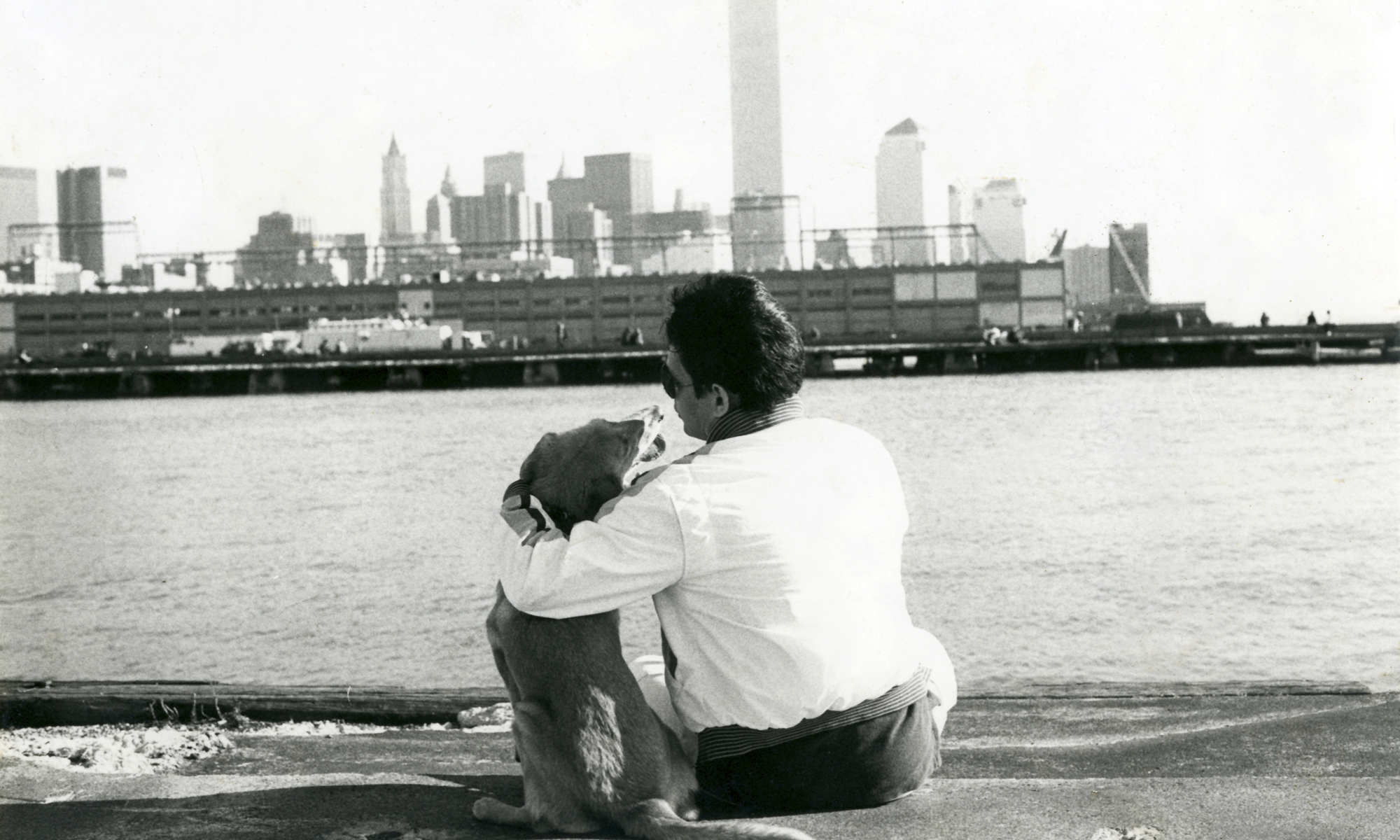Here is a sweet film about gay love, I hope you enjoy and if you get a chance catch the movie if you can,
Four More Years 2010 ‘Fyra år till’ Directed by Tova Magnusson
Fyra år till (Four More Years) Year 2010 Running time 87 min. Country Sweden Sweden Director Tova Magnusson-Norling Screenwriter Wilhelm Behrman Cinematography Trolle Davidson, Victor Davidson
Cast Björn Kjellman, Eric Ericson, Tova Magnusson, André Wickström, Sten Ljunggren, Inger Hayman, Richard Ulfsäter, Christina Stenius, Erik Lundin, Iwar Wiklander, Adam Lundgren, Jacob Nordenson, Lisbeth Johansson
Click here to see photo gallery of pictures from the film.
Four More Years 2010 ‘Fyra år till’ Directed by Tova Magnusson Fyra år till (Four More Years) Year 2010 Running time 87 min. Country Sweden Sweden Director Tova Magnusson-Norling Screenwriter Wilhelm Behrman Cinematography Trolle Davidson, Victor Davidson Cast Björn Kjellman, Eric Ericson, Tova Magnusson, André Wickström, Sten Ljunggren, Inger Hayman, Richard Ulfsäter, Christina Stenius, Erik Lundin, Iwar Wiklander, Adam Lundgren, Jacob Nordenson, Lisbeth Johansson Political party leader David Holst, one of Sweden’s most popular politicians, is handsome, funny, popular and predicted as the country’s next Prime Minister. But what at first appears to be an easy victory turns into a humbling defeat as another party wins the elections and four more years of leading the country, Then, when David suddenly falls in love, the problem is not that he’s already married or that he’s fallen in love with another man….but that the man he’s fallen head over heels in love with, Martin, is the only man on earth he cannot love. He is an up-and-comer in the rivaling party that won the elections! David is risking everything – his family, his party and his own name. If they can’t keep their relationship a secret, a public scandal could be a career destroyer. But David doesn’t have the nerve to play this kind of game and eventually the mistakes and misunderstandings pile up and their love is threatened to be lost. Almost. “Four More Years’ is a funny, daring, clever and extremely romantic comedy, proving once again that love conquers all. —Quintiane
